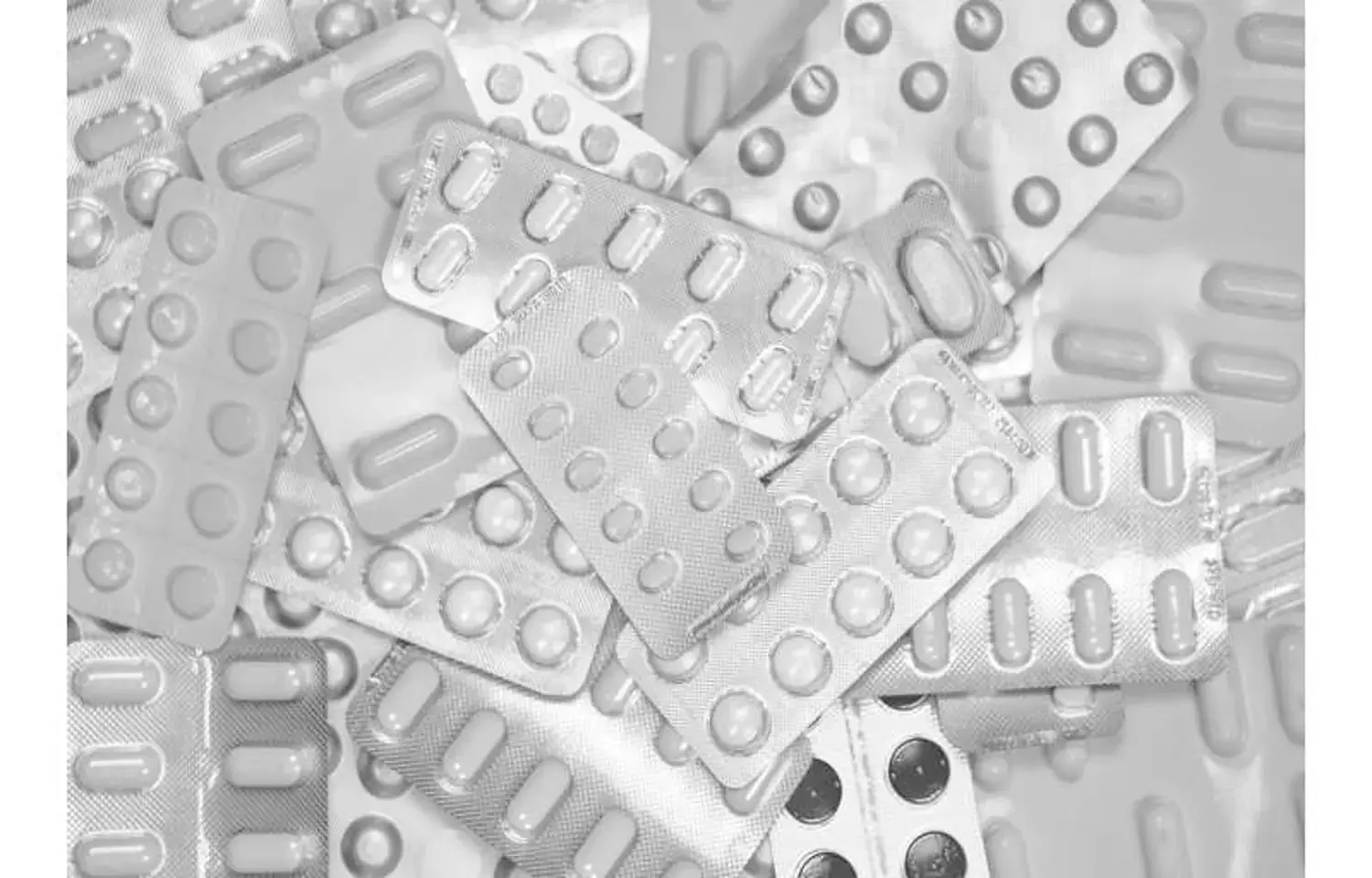- Home
- Medical news & Guidelines
- Anesthesiology
- Cardiology and CTVS
- Critical Care
- Dentistry
- Dermatology
- Diabetes and Endocrinology
- ENT
- Gastroenterology
- Medicine
- Nephrology
- Neurology
- Obstretics-Gynaecology
- Oncology
- Ophthalmology
- Orthopaedics
- Pediatrics-Neonatology
- Psychiatry
- Pulmonology
- Radiology
- Surgery
- Urology
- Laboratory Medicine
- Diet
- Nursing
- Paramedical
- Physiotherapy
- Health news
- Fact Check
- Bone Health Fact Check
- Brain Health Fact Check
- Cancer Related Fact Check
- Child Care Fact Check
- Dental and oral health fact check
- Diabetes and metabolic health fact check
- Diet and Nutrition Fact Check
- Eye and ENT Care Fact Check
- Fitness fact check
- Gut health fact check
- Heart health fact check
- Kidney health fact check
- Medical education fact check
- Men's health fact check
- Respiratory fact check
- Skin and hair care fact check
- Vaccine and Immunization fact check
- Women's health fact check
- AYUSH
- State News
- Andaman and Nicobar Islands
- Andhra Pradesh
- Arunachal Pradesh
- Assam
- Bihar
- Chandigarh
- Chattisgarh
- Dadra and Nagar Haveli
- Daman and Diu
- Delhi
- Goa
- Gujarat
- Haryana
- Himachal Pradesh
- Jammu & Kashmir
- Jharkhand
- Karnataka
- Kerala
- Ladakh
- Lakshadweep
- Madhya Pradesh
- Maharashtra
- Manipur
- Meghalaya
- Mizoram
- Nagaland
- Odisha
- Puducherry
- Punjab
- Rajasthan
- Sikkim
- Tamil Nadu
- Telangana
- Tripura
- Uttar Pradesh
- Uttrakhand
- West Bengal
- Medical Education
- Industry
Perspective: Why opioids cannot fix chronic pain

A broken heart is often harder to heal than a broken leg. Now researchers say that a broken heart can contribute to lasting chronic pain.
In a reflections column published Dec. 21 in the Annals of Family Medicine, pain experts Mark Sullivan and Jane Ballantyne at the University of Washington School of Medicine, say emotional pain and chronic physical pain are bidirectional. Painkillers, they said, ultimately make things worse.
Their argument is based on new epidemiological and neuroscientific evidence, which suggests emotional pain activates many of the same limbic brain centers as physical pain. This is especially true, they said, for the most common chronic pain syndromes – back pain, headaches, and fibromyalgia.
Opioids may make patients feel better early on, but over the long term these drugs cause all kinds of havoc on their well-being, the researchers said.
"Their social and emotional functioning is messed up under a wet blanket of opioids," Sullivan said.
The researchers said new evidence suggests that the body's reward system may be more important than tissue damage in the transition from acute to chronic pain.
By reward system, they are referring, in part, to the endogenous opioid system, a complicated system connected to several areas of the brain, The system includes the natural release of endorphins from pleasurable activities.
When this reward system is damaged by manufactured opioids, it perpetuates isolation and chronic illness and is a strong risk factor for depression, they said.
"Rather than helping the pain for which the opioid was originally sought, persistent opioid use may be chasing the pain in a circular manner, diminishing natural rewards from normal sources of pleasure, and increasing social isolation," they wrote.
Both Sullivan and Ballantyne prescribe opioids for their patients and say they have a role in short-term use.
"Long-term opioid therapy that lasts months and perhaps years should be a rare occurrence because it does not treat chronic pain well, it impairs human social and emotional function, and can lead to opioid dependence or addiction," they wrote.
What Sullivan recommends is if patients are on high-dose long-term opioids and they are not having clear improvement in pain and function, they need to taper down or switch to buprenorphine. If available, a multidisciplinary pain program using a case manager to monitor their care and well-being, similar to those for diabetes and depression care, may be of benefit.
https://www.annfammed.org/content/early/2020/12/15/afm.2591
Hina Zahid Joined Medical Dialogue in 2017 with a passion to work as a Reporter. She coordinates with various national and international journals and association and covers all the stories related to Medical guidelines, Medical Journals, rare medical surgeries as well as all the updates in the medical field. Email: editorial@medicaldialogues.in. Contact no. 011-43720751
Dr Kamal Kant Kohli-MBBS, DTCD- a chest specialist with more than 30 years of practice and a flair for writing clinical articles, Dr Kamal Kant Kohli joined Medical Dialogues as a Chief Editor of Medical News. Besides writing articles, as an editor, he proofreads and verifies all the medical content published on Medical Dialogues including those coming from journals, studies,medical conferences,guidelines etc. Email: drkohli@medicaldialogues.in. Contact no. 011-43720751


